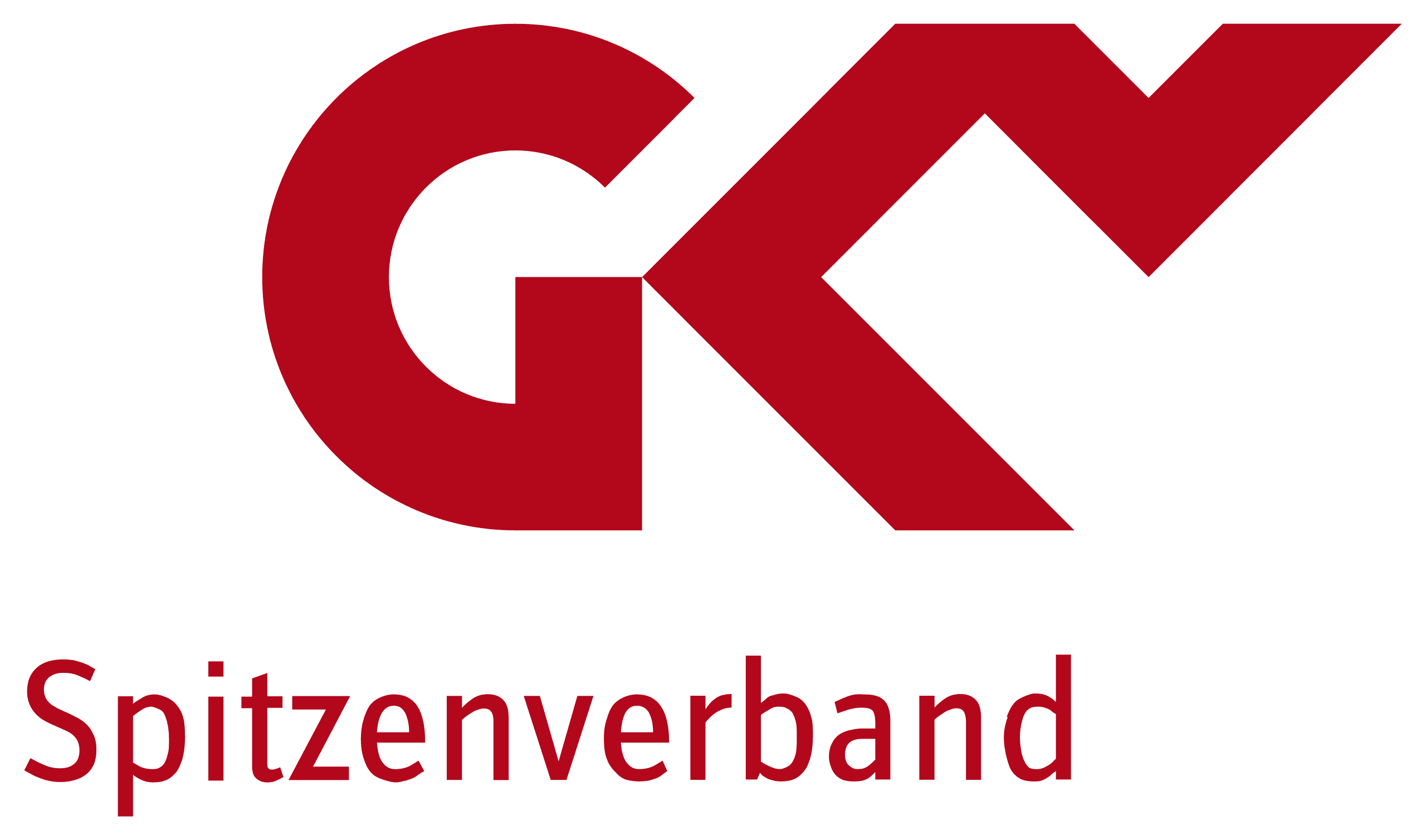ProjectStrengthening psychosocial health resources in Märkisch-Oderland
01.01.2023 - 31.12.2026
The projects aimed at strengthening psychosocial health resources in Märkisch-Oderland and Neuhardenberg are focused on enhancing the health-related quality of life for people with a migration background residing in structurally disadvantaged rural regions. Implemented as a pilot initiative in Neuhardenberg and Bad Freienwalde, the programme adopts a participatory approach to local implementation.
Accessing appropriate information and tailored health services can pose significant challenges for people seeking protection due to language, cultural and social barriers. Thus, the project aims to empower people to take charge of their own health by improving their living conditions and promoting health-conscious behaviours. By enhancing individual health literacy and resilience, the project aims to empower participants with greater control over their health and social participation. To achieve these goals, the project focuses on preparing and delivering, culturally and gender-sensitive mental health-related topics. It seeks to establish and promote the utilisation of tailored services for the target group, thereby enhancing their engagement with various institutions and stakeholders. Additionally, the project aims to enhance the level of information available to employees through interviews with the target group and specialists, as well as environmental analyses.
Drawing from the contents of the GKV project „Bewusst - Gesund - Aktiv“ (Conscious - Healthy - Active) for health promotion of people with a migration background, the project adheres to the good practice criteria outlined by the Cooperation Network for Equal Health Opportunities (Kooperationsverbundes Gesundheitliche Chancengleichheit).
Project objectives and implementation
The project aims to establish a participatory health and prevention programme for people with a migration background while simultaneously promoting awareness of healthy and self-determined living within the area of integration.
A key strategy used is the multiplier approach, involving native speakers from the communities of people with a migration background who are encouraged to participate in self-organised meetings.
The health promotion initiatives are underpinned by health education methods, encompassing information events and workshops conducted at venues familiar to the target group, in person or digitally. The specific topics covered are determined annually based on a needs analysis conducted within the project.
Individual counselling on health topics is offered as part of the programme. The educational programmes prioritise the promotion of mental health, with educational materials developed collaboratively with both the target group and professionals. Emphasis is placed on multilingualism and adapting language levels to suit the educational level of the respective target group. In addition to language sensitivity, culturally sensitive approaches are also incorporated, such as considering customs of the countries of origin during communication.
The use of multipliers serves to sensitise the target group to mental health issues and to facilitate referrals to professional prevention services and the regular healthcare system. Concurrently, professionals involved in the project receive intercultural training and are interconnected. Moreover, structural development at the municipal level is promoted to bolster municipal health promotion through cross-sectoral cooperation. The health-promoting interventions for mental health are tailored to address the specific needs, interests and concerns of those reached by the services. They guide the design and implementation of specific measures.
Project coordination
Laura Slysz, Phone: +49 159 064 794 60The project is funded by
More projects
- Overcoming Barriers (Hürden Nehmen) - Psychosocial support for people seeking protection
- Improving reception conditions for refugees in Brandenburg (VASiB)
- Unabhängige Rechtsmittelberatung in Zentraler Erstaufnahmeeinrichtung Eisenhüttenstadt
- Psychotherapeutic and psychosocial care services for traumatised people seeking protection in the state of Brandenburg
- Native-speaker psychosocial support provided by a Ukrainian psychologist aimed at preventing mental illness among refugees from Ukraine
- Individual and family support for particularly vulnerable displaced people in the state of Brandenburg
- Psychosocial services for distressed displaced children in the Ludwigsfelde and Luckenwalde transitional accommodation centres
- Psychosocial support and psychotherapeutic care for people seeking protection in the district of Teltow-Fläming
- Asylum procedure counselling in the district of Elbe-Elster
- Independent asylum procedure counselling & asylum procedure counselling for LGTBIQ+ and vulnerable people seeking protection


